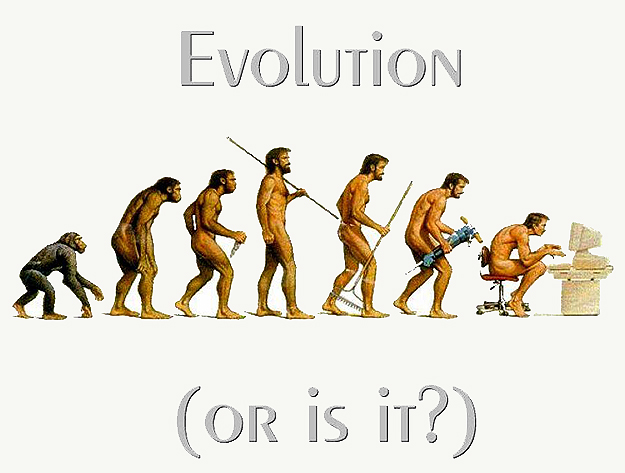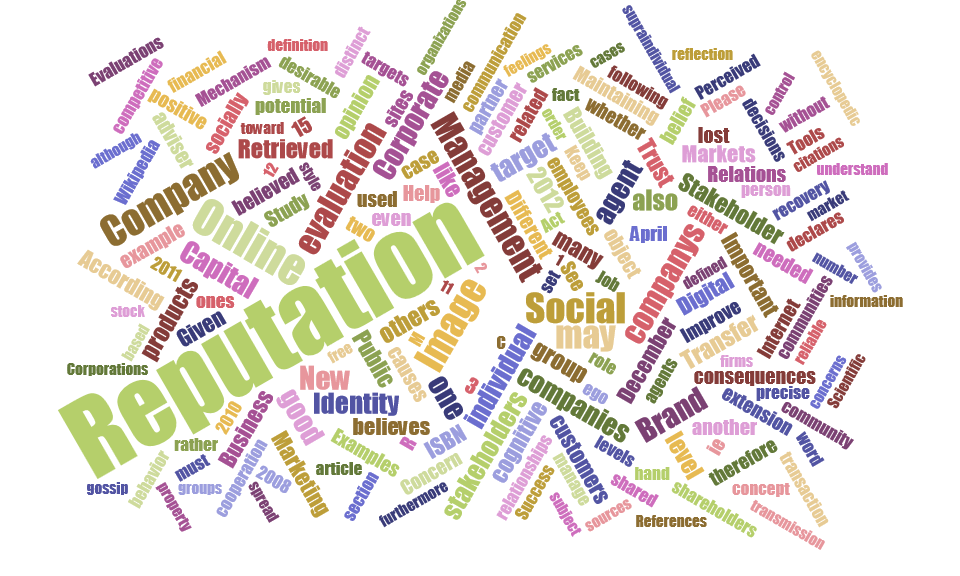The #Academic #Reputation Development Plan (work in progress)
Reputation is social mental construct that lives a very real existence entirely outside of you. It is the other person’s perception of another person’s perception of you. Essentially, it is social proof of trust in you. It can be influenced, it can be destroyed, but it can’t be explicitly created. It is slow to grow and readily damaged.
Reputation can inspire those around and motivate you to reach great fulfillment of self. Reputation precedes you and can make people far away defend your name as well as being a great marketing asset.
1a) What area of research do you want to be recognized for?
I want to be best known for research into the impact of better, novelty, innovation, and change on farmers’ decisions and #agricultural systems
Analysis of the peer-reviewed citations I give and I get supports this
and b) which specific aspects of that area are key to defining your contribution?
I model for a living. My two main contributions are:
- 1) the development of predictive (or prescriptive) decision modelling of #farming systems using optimizing #mathematical programming techniques such as #linear programming, and
- 2) to fully grasp the environmental burdens of decisions I develop agricultural system model-based Life-Cycle Assessments (LCA). These are quantitative hard-systems engineering approaches.
2) Do you want to be known as a specialist or a generalist?
Operational researchers are interdisciplinary generalists. I am a relative specialist with my core competence at the interface of #agriculture, decisions, and the environment. I can be flexible and already extend towards modelling connections out to waste water treatment and renewable energy systems
3) Which academics around the world do you admire and why?
In no real order I admire the following academics
 Laura McLay (Punk Rock Operations Research Blog) I admire because I enjoy her accessible and witty insights into OR theory, practice and profession and I am impressed with her social media presence and strategy. Laura McLay is Professor of #operations research, ISyE dept at #University of Wisconsin-Madison Laura McLay (Punk Rock Operations Research Blog) I admire because I enjoy her accessible and witty insights into OR theory, practice and profession and I am impressed with her social media presence and strategy. Laura McLay is Professor of #operations research, ISyE dept at #University of Wisconsin-Madison |
|
 Ian Frommer (@or4green) came to my attention several years ago as a prolific blogger and tweeter of Operational research for Green. Ian Frommer is an Associate Professor of Mathematics at the U.S. Coast Guard Academy* in New London, CT with interests in energy and the environment. I admire Ian for bringing the area of #Operational Research and the Environment to greater prominence on social media Ian Frommer (@or4green) came to my attention several years ago as a prolific blogger and tweeter of Operational research for Green. Ian Frommer is an Associate Professor of Mathematics at the U.S. Coast Guard Academy* in New London, CT with interests in energy and the environment. I admire Ian for bringing the area of #Operational Research and the Environment to greater prominence on social media |
|
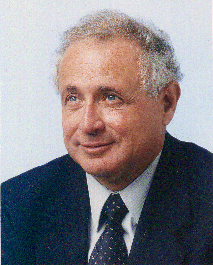 |
|
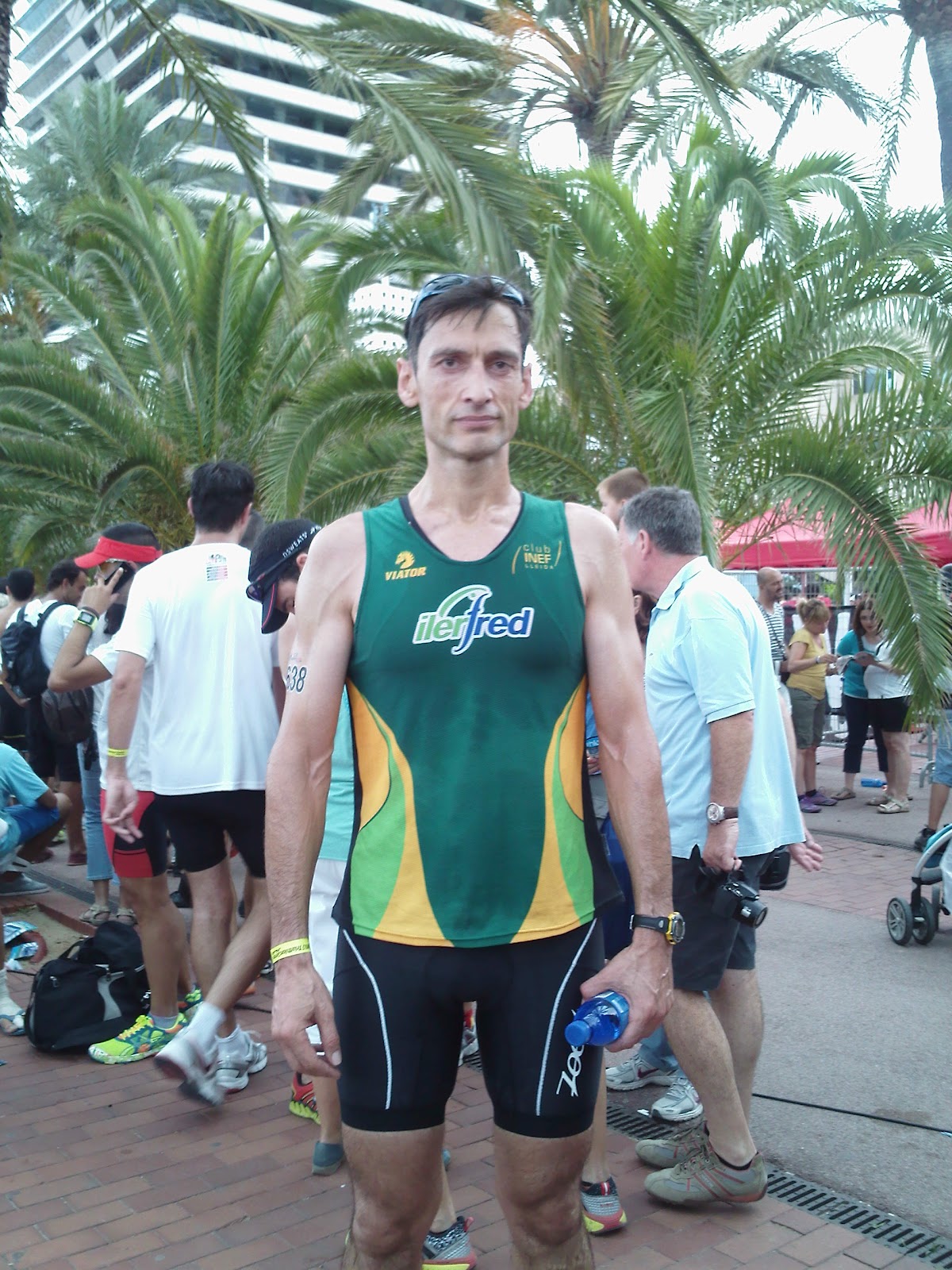 Lluis Miguel Pla is a personal friend and coordinator of the Euro Working group on Operational Research in Agriculture and Forestry Management. I admire him for his stoical long standing stewardship of my field in Europe. He is an associate professor in the Department of Mathematics at the University of Lleida, Spain Lluis Miguel Pla is a personal friend and coordinator of the Euro Working group on Operational Research in Agriculture and Forestry Management. I admire him for his stoical long standing stewardship of my field in Europe. He is an associate professor in the Department of Mathematics at the University of Lleida, Spain |
|
 I admire Richard Dawkins fierce integrity in challenging society’s preciously held eternal truths and his broad spectrum skills at communication of science via many different media I admire Richard Dawkins fierce integrity in challenging society’s preciously held eternal truths and his broad spectrum skills at communication of science via many different media |
|
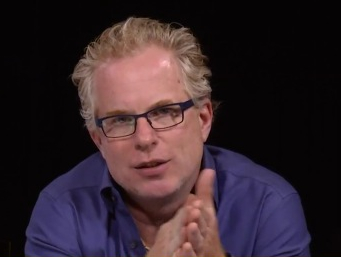 Christopher Ryan, PhD really impressed me by having an idea that changes the way we can see the world. I was impressed that he wrote it up as a New York Times bestseller and presented it a TED conference. His academic and communication skills are impressive and as is his fearlessness in confronting taboos, norms and beliefs with science. Christopher Ryan, PhD really impressed me by having an idea that changes the way we can see the world. I was impressed that he wrote it up as a New York Times bestseller and presented it a TED conference. His academic and communication skills are impressive and as is his fearlessness in confronting taboos, norms and beliefs with science. |
|
| Brian Camm, David Morris, and Bill Dilke from Seale Hayne College and Paul Webster and Nigel Williams from Wye College all helped inspire and teach me quantitative approaches to farm planning and control. A big shout out goes to Professor Jim France and Dr Les Compton for their stewardship of Agricultural Research Modellers Group |
What are my take outs for top role model traits: Thought & opinion leadership, stewardship, communication skills, advocacy, perseverance, honesty, integrity, & trustworthiness.
What doesn’t take prominence: I know nothing of their private wealth nor if they wield political power. I am more aware of their intellectual achievements, but I can’t often say that they are directly useful to me. The later point is a bit like Antarctica…it feels good to know it exists, but I’ve never been there.
What matters here is that reputation is a natural outgrowth of one’s self and one that is easily damaged if you are caught faking it. Trust is fragile and social proof of trust can turn against you.
4) What key activities do you want to do that define who you want to be?
- a) Research: Applied agricultural systems decision modelling
- b) Communication: Written, oral and digital channels to peers, clients, industry & public
- c) Leadership: Contribute ideas and coordinate networks
- d (a) Educator & Trainer
- d (b) Life long learner
5) What is your publication strategy?
| Journal | Reason? | Number of papers to date? | Number of papers you want? |
| 1? Journal of the Operational Research Society | 0.91 2013/2014 journal impact factor – Kudos and contribution to my profession | 1 | 7.5% |
| 2? European Journal of Operational Research | 1.8 Kudos and contribution to my profession | 17.5% | |
| 3? Biosystems Engineering | 1.4 Kudos and contribution to my profession | 1 | 25% |
| 4? Agricultural Systems | 2.5 Kudos and contribution to my profession | 1 planned | 10% |
| 5? International Journal of #Life Cycle Assessment | 3.1 Contribution to profession/ area of application | 1 | 15% |
| 6? Journal of Environmental Management | 3.2 Contribution to area of application | 10% | |
| 7? Journal of Cleaner Production | 3.6 Contribution to area of application | 7.5% | |
| 8? Climatic Change | 4.6 Contribution to area of application | 1 | 7.5% |
Other contenders Environmental Science and Policy (3.5), Bioresource Technology (5.0 -1 paper), Journal of Applied Ecology (4.8 -1 paper)
See also an analysis of the journals I cite and get cited by
6) Which key conferences best reflect your professional development?
- a? Agricultural stream of the EURO conference
- b? LCA Food conferences
- c? MACSUR climate change and food security conferences and workshops
6b) What is you (academic) networking strategy?
7) What strategic grants will you bid in the next 5 years to help define who you want to be?
- a Defra
- b EU
- c Technology Strategy Board
8) What items of esteem/ activity do you value?
- Prizes and Awards (good examples)
- Membership of professional and policy committees
- Membership of editorial boards (see journal list)
- Flourishing academic disciples
- Keynote speaker
- Winning funds
9) What items of esteem/ activity do you NOT value?
None of these are bad per se, but one needs to carefully balance costs with benefits.
- Excessive membership of Professional societies
- Excessive refereeing of papers and grant proposals
- Onerous conference/ session organization
10) What is your dissemination strategy?
The outcomes of my work tend to best inform the thinking of scientists, engineers, the policy community, and the more progressive innovative section of the farming community. The dissemination ‘ecosystem’ is in a state of flux with the advent of open access journals and digital & social media bringing everything to within a Google mouse click. The trend maybe away from print to digital, but face to face is important. Being out there is good, being found above the white noise is better.
a) Peer-review papers
Increasingly there are opportunities to create multiple media hooks to help increase the impact of research. These can be in the form of graphical and video abstracts. A bellwether example might be the journal of Environmental Research Letters
b) Trade Press
The are a few learned #publications targeted at farmers
- Journal of International Farm Management
- Outlook on Agriculture
- Journal of the Royal Agricultural Society of England (may revive)
- Farmer Weekly for the odd paragraph
c) Social Media
I use Academia.edu and ResearchGate.net to make preprints available. I have a blog to post a more narrative discussion. I use Facebook, Twitter, Google+, and LinkedIn to promote links back to my work. I do have a ResearcherID, Google Scholar, and an OrcidID to further increase exposure. For supplementary material I can use slideshare, Youtube, & Prezi.com.
My Social Media Klout score is in the 45-55 range
Bonus Question) Is your plan appropriately aligned with the University’s 415i plan?
yes
